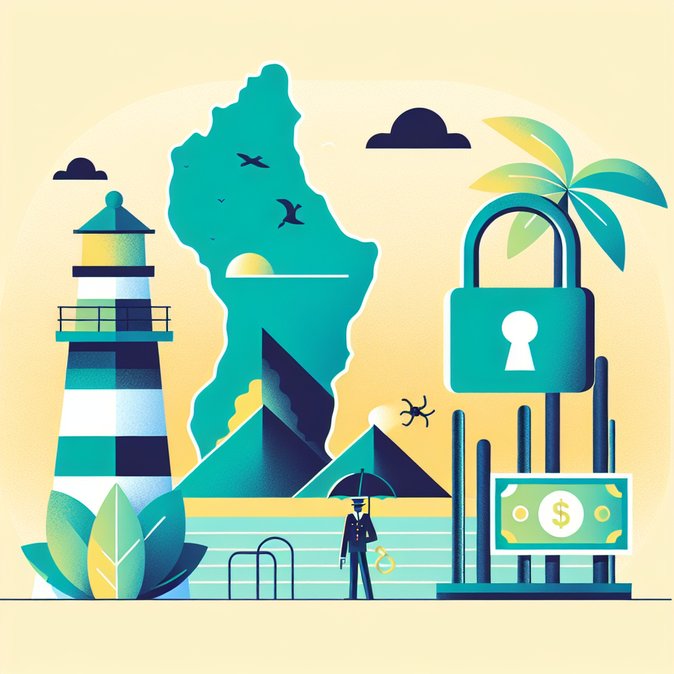
The Czech Foreign Ministry (MFA) quietly upgraded its guidance for travellers to Madagascar on 7 November after embassy monitoring recorded a spike in street crime and intermittent road blockades following the installation of the Indian Ocean nation’s new transitional government. The advisory stops short of ‘do not travel’ status but urges all Czech nationals to “exercise heightened caution, avoid demonstrations and register in the DROZD consular database.”
Security analysts note that while the post-election calm has largely held in Antananarivo, rural highways remain vulnerable to armed banditry—a concern for overland adventure tourists and NGO field staff. Madagascar’s economy has also been hit by fuel shortages that can strand travellers for days. Mobility managers with employees on rotational mining or telecom assignments are advised to build buffer days into itineraries and verify med-evac coverage for remote sites.
![Prague Updates Travel Warning for Madagascar, Citing Sporadic Unrest and Rising Crime]()
The MFA’s Pretoria embassy, which has regional responsibility for Madagascar, confirmed it can issue emergency travel documents but warned that civil-aviation strikes scheduled for late November could disrupt international connections via Johannesburg. Companies should maintain up-to-date call-trees and ensure staff subscribe to local SMS alert services.
Although the update primarily targets Czech citizens, multinational firms rely on MFA risk ratings when setting their own duty-of-care thresholds. An ‘orange’ (heightened caution) rating typically triggers pre-departure security briefings, daily check-ins and, in some cases, hardship allowances. Insurers may also adjust premiums for high-risk destinations, further raising assignment costs.
The revised notice underscores the broader trend of ministries leveraging digital platforms like DROZD to push real-time alerts. Mobility teams should encourage travellers—regardless of nationality—to enrol in similar programmes offered by their home governments to ensure redundancy in crisis communication.
Security analysts note that while the post-election calm has largely held in Antananarivo, rural highways remain vulnerable to armed banditry—a concern for overland adventure tourists and NGO field staff. Madagascar’s economy has also been hit by fuel shortages that can strand travellers for days. Mobility managers with employees on rotational mining or telecom assignments are advised to build buffer days into itineraries and verify med-evac coverage for remote sites.

The MFA’s Pretoria embassy, which has regional responsibility for Madagascar, confirmed it can issue emergency travel documents but warned that civil-aviation strikes scheduled for late November could disrupt international connections via Johannesburg. Companies should maintain up-to-date call-trees and ensure staff subscribe to local SMS alert services.
Although the update primarily targets Czech citizens, multinational firms rely on MFA risk ratings when setting their own duty-of-care thresholds. An ‘orange’ (heightened caution) rating typically triggers pre-departure security briefings, daily check-ins and, in some cases, hardship allowances. Insurers may also adjust premiums for high-risk destinations, further raising assignment costs.
The revised notice underscores the broader trend of ministries leveraging digital platforms like DROZD to push real-time alerts. Mobility teams should encourage travellers—regardless of nationality—to enrol in similar programmes offered by their home governments to ensure redundancy in crisis communication.


